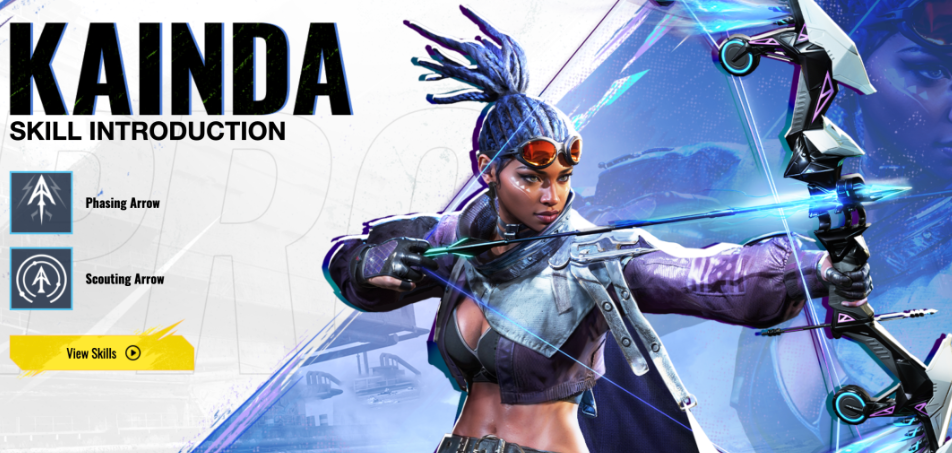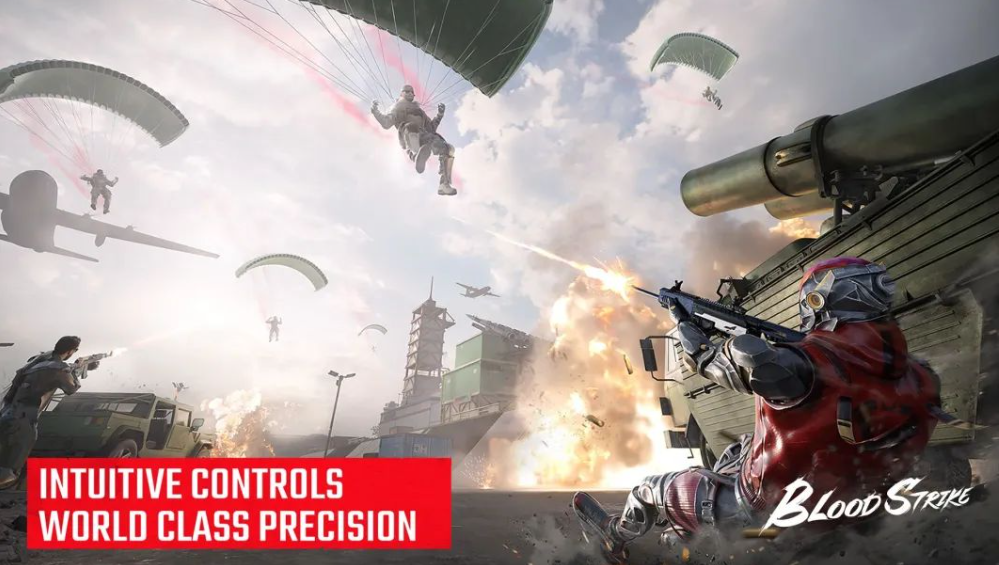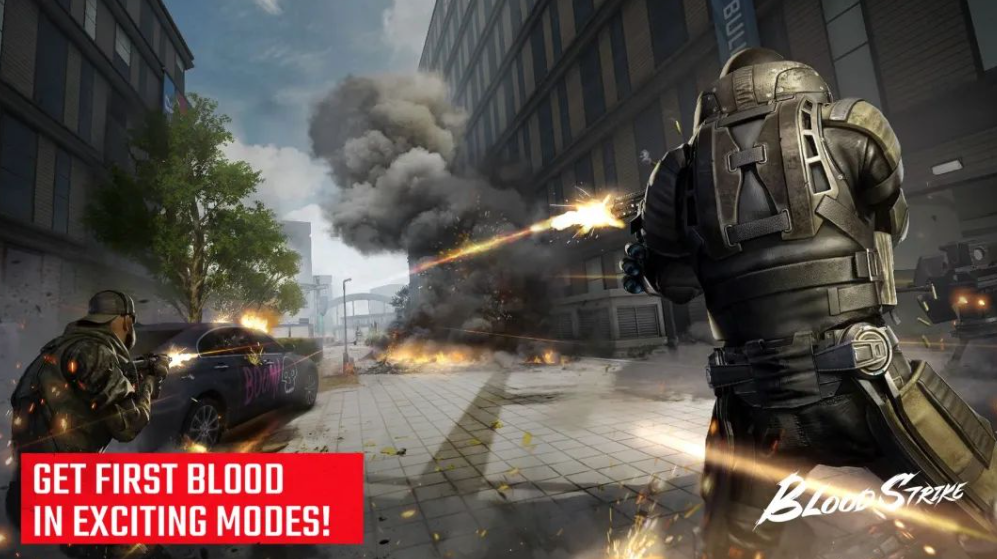U.S. Market as Core Engine
According to AppMagic data, U.S. players contributed $7 million in revenue, accounting for 30% of the total. This achievement is attributed to the game's precise adjustments for mature markets:
On its global launch day in March 2024, Blood Strike topped both the iOS free overall and games charts in the U.S.
The combination of "fast-paced combat and low-end device compatibility" attracted traditional console/PC shooter players to mobile.
Continuous optimization of localized operations, such as introducing American-style firearm skins and collaborating with local esports events, further enhanced its appeal.

Emerging Markets Contribute to Long-Tail Growth
Brazil (17%), Mexico (14%), Thailand (7%), and the Middle East constitute the second-tier markets, validating the effectiveness of the "rural encircling the city" strategy:
The game was first tested in Southeast Asia in October 2023, building early user reputation.
Spanish and Portuguese versions were launched for the Latin American market, optimizing performance for low-end devices.
The Middle East-exclusive version, Blood Strike MENA, deeply adapted to local culture, achieving a 45% quarter-over-quarter revenue growth.

Product Strategy: Simplified Design Behind Category Innovation
🔫 Core Experience Focused on "Shooting Satisfaction"
Compared to competitors like PUBG Mobile and C
all of Duty Mobile, Blood Strike reconstructs the tactical competitive experience through three differentiated designs:
Minimalist Resource System: Utilizes only about 200 types of resources (compared to over 1,000 in similar products), with an installation package size under 500MB.
Unlimited Respawn Mechanism: Breaks the traditional "one game determines the outcome" rule, with armor retention mechanisms enhancing player tolerance.
Economic Visualization System: Instant feedback mechanisms like kill rewards and bounty tasks increase single-game shooting frequency by 300%.
Technical Breakthroughs Drive Device Penetration
The development team achieved over 85% coverage on low-end devices through two key technologies:
Dynamic Graphics Leveling: Automatically adjusts texture precision and particle effects based on device performance.
Art Resource Reuse Algorithm: Derives over 20 scene variants from the same building model through lighting changes.
This enables the game to achieve a 63% penetration rate in Southeast Asia's entry-level smartphone market and a 71% share among mid-to-low-end device users in Mexico.

Operational Methodology: Data-Driven Iterative Refinement
🔄 Version Update Rhythm Control
Since its global launch in March 2024, the game has maintained a major content update every month:
Q1: Introduced the "Bounty Hunter" mode, increasing DAU by 28%.
Q2: Launched the weapon customization system, boosting the conversion rate from 4.2% to 7.5%.
Middle East-exclusive version: Developed localized characters and storyline branches, increasing ARPPU to $9.3.
🌐 Community Ecosystem Construction
Utilized Discord and TikTok dual platforms to build a player co-creation system:
User-created map downloads exceeded 1.2 million times, with top creators earning over $20,000 per month.
The esports academy plan aims to train 5,000 grassroots streamers, constructing a closed loop of content production, dissemination, and monetization.

Industry Insights: Breaking the Impasse in the Red Ocean Market
Blood Strike's success reveals three major trends in the tactical competitive track:
Experience Downscaling: Shifts from "realistic survival" to "pure shooting," aligning with mobile端 fragmented needs.
Technological Inclusiveness: Through underlying optimization, covers the billion-level mid-to-low-end device stock market.
Regional Deep Cultivation: Emerging markets ≠ low-value markets; Brazilian user LTV has reached 65% of the U.S. market.

Currently, the game is preparing for cross-platform multiplayer functionality and plans to introduce AI battle robots to fill matchmaking gaps. With the popularization of devices like Vision Pro, its "lightweight + high frame rate" advantage may usher in a second outbreak in the spatial computing era. The evolution trajectory of this product provides a transformation model for Chinese games going overseas, from "traffic harvesting" to "ecological operation."

